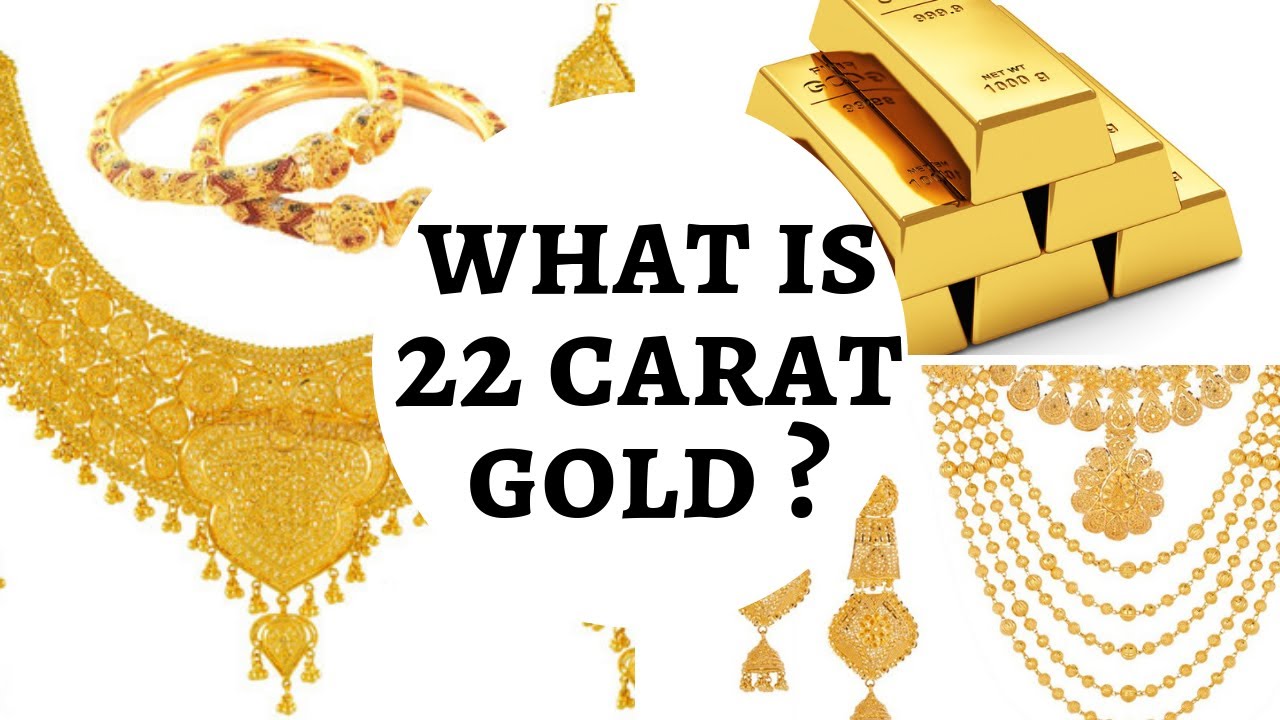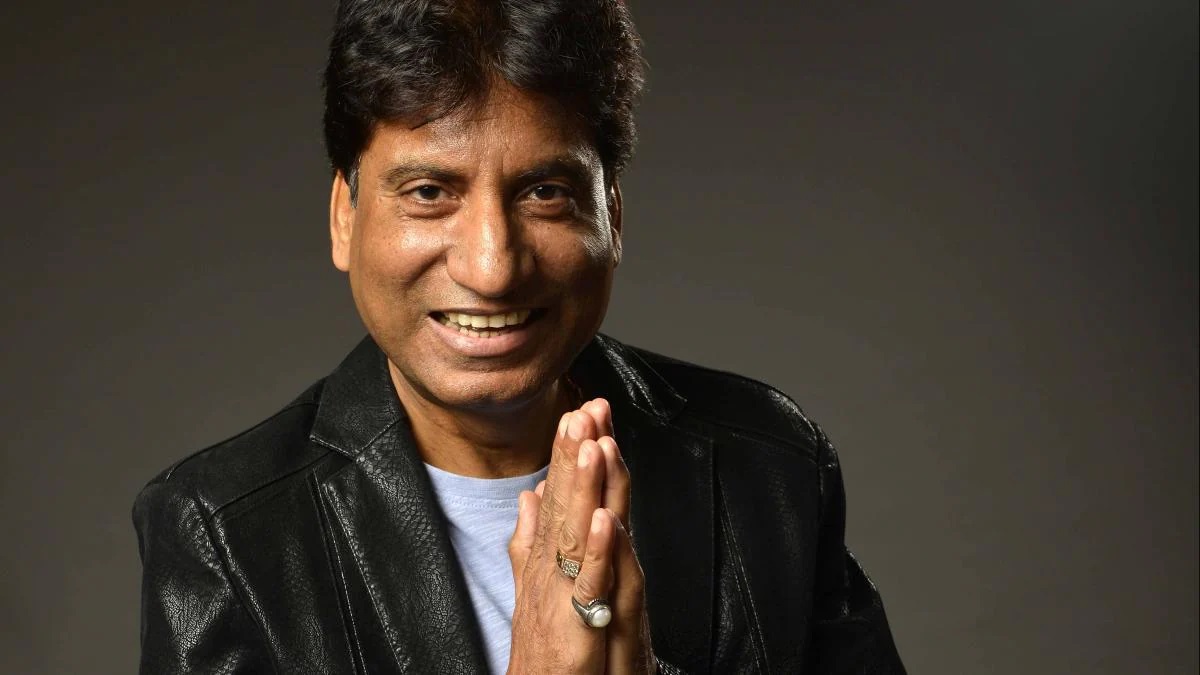
The recent developments surrounding the change from ‘India’ to ‘Bharat’ have stirred up quite a controversy, particularly in the lead-up to the G20 Summit. President Murmu’s dinner invitations to world leaders initially triggered this shift, and the discussions have now extended to the nameplate used during the summit itself.
During the G20 Summit at the Bharat Mandapam convention Centre in New Delhi, Prime Minister Narendra Modi gave the inaugural address. Interestingly, the nameplate in front of him bore the name ‘Bharat’ instead of ‘India,’ sparking intrigue and further fueling the ongoing debate.
This change follows a recent uproar over the alteration of ‘India’ to ‘Bharat’ in President Droupadi Murmu’s dinner invitations to foreign leaders attending the G20 Summit over the weekend. The controversy caught international attention, with even the United Nations weighing in on the matter.
On Friday, the United Nations announced its intention to modify India’s name to ‘Bharat’ in its official records once New Delhi completes the necessary formalities. According to the United Nations Secretary General’s chief spokesperson, Stephane Dujarric, “When India completes the formalities to change the name, they will inform us, and we will change the name in the UN records.”
This heated debate has gained momentum in anticipation of an upcoming special session of Parliament, the agenda of which is yet to be disclosed. Speculation is rife that a formal name change could be discussed and potentially approved during this session. While members of the ruling BJP have advocated for ‘Bharat’ to take precedence over ‘India,’ opposition leaders have dismissed it as a distraction, citing that ‘Bharat’ is already mentioned in the constitution.
Prime Minister Modi, however, weighed in on the matter, urging his ministerial colleagues to steer clear of the political controversy surrounding the ‘Bharat’ issue. He emphasized that ‘Bharat’ has deep historical roots as the country’s ancient name.
It’s important to note that the constitution provides an interesting perspective on this debate. In the English version of the preamble, it begins with “We, the people of India…,” and in Part One, it states, “India, that is Bharat, shall be a Union of States.” In Hindi, the constitution predominantly uses ‘Bharat’ instead of ‘India,’ except in the part that defines the country’s name, which reads in Hindi, “Bharat, that is India, shall be a Union of States.”
To officially change India’s name to ‘Bharat’ alone would necessitate a constitutional amendment, which would require a two-thirds majority vote in both houses of Parliament.



